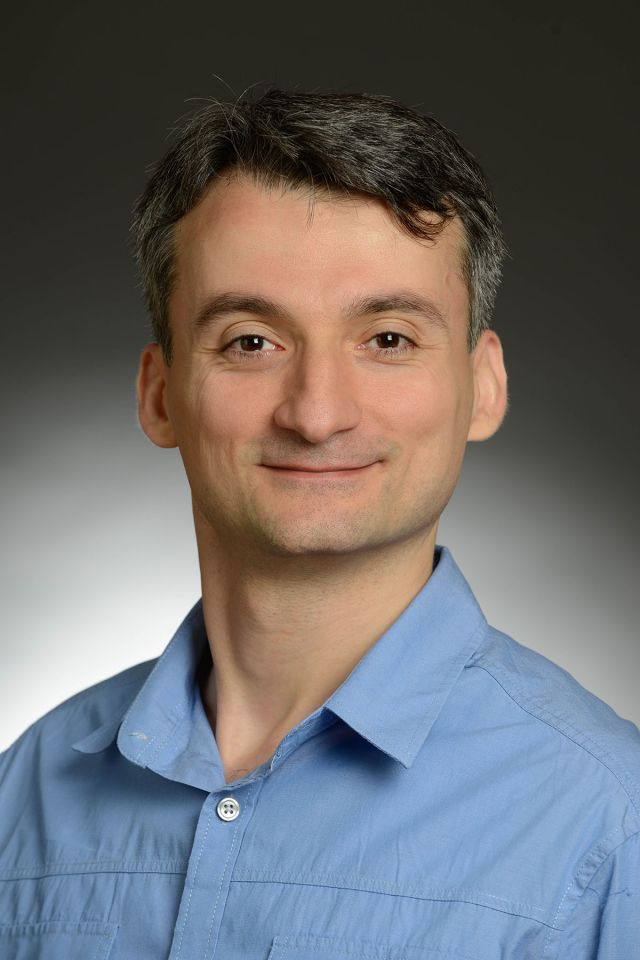Pattern Formation Without the Vertebrate Segmentation Clock

Speaker
Ertugrul M. Ozbudak, Ph.D.
Associate Professor, Department of Pediatrics
Director, Molecular & Development Biology Graduate Program
Cincinnati Children's Hospital Medical Center
University of Cincinnati College of Medicine
Faculty Host
Siddharth Dey
Abstract
Sequential segmentation of embryos creates modular body plans among diverse metazoan phyla, utilizing molecularly divergent clocks and morphogen gradients. While clock components and gradients were identified in vertebrates, how they jointly control somite segmentation remained unknown. Using real-time reporters, temporal perturbations, quantitative analysis, and computational modeling, we showed that the clock functions upstream of ERK gradient, which in turn enables neighboring cells to establish a boundary between them in zebrafish.
BIO
Professor Ozbudak obtained his Bachelor of Science in Physics from Bogazici University in Instanbul, Turkey and his Ph.D. in Physics from Massachusetts Institute of Technology in 2004. From 2004 - 2007 he was a postdoctoral fellow at the Cancer Research UK, Vertebrate Developmental Biology in London, UK and then a senior research associate at the Stowers Institute for Medical Research from 2007-2009. Professor Ozbudak started his independent research group at the Albert Einstein College of Medicine in 2009 and later joined Cincinnati Children’s Hospital Medical Center, University of Cincinnati College of Medicine. Prof. Ozbudak has also received numerous awards and grants in his career, including the Sloan Research Fellowship and more recently the NIH MIRA Award.